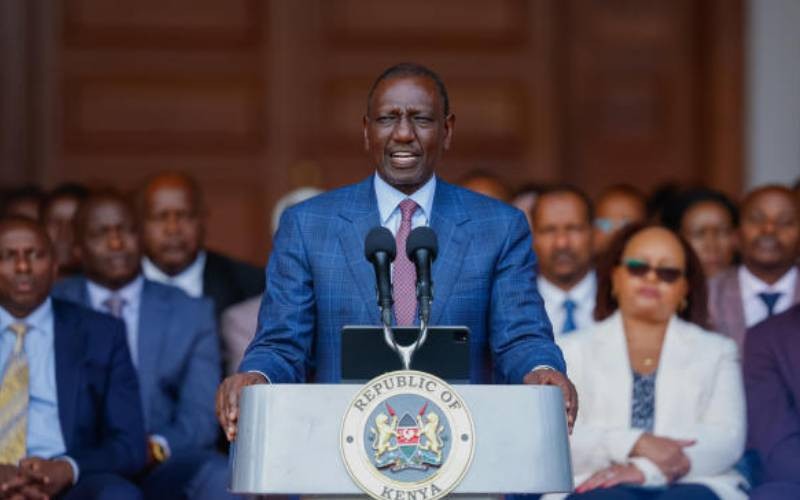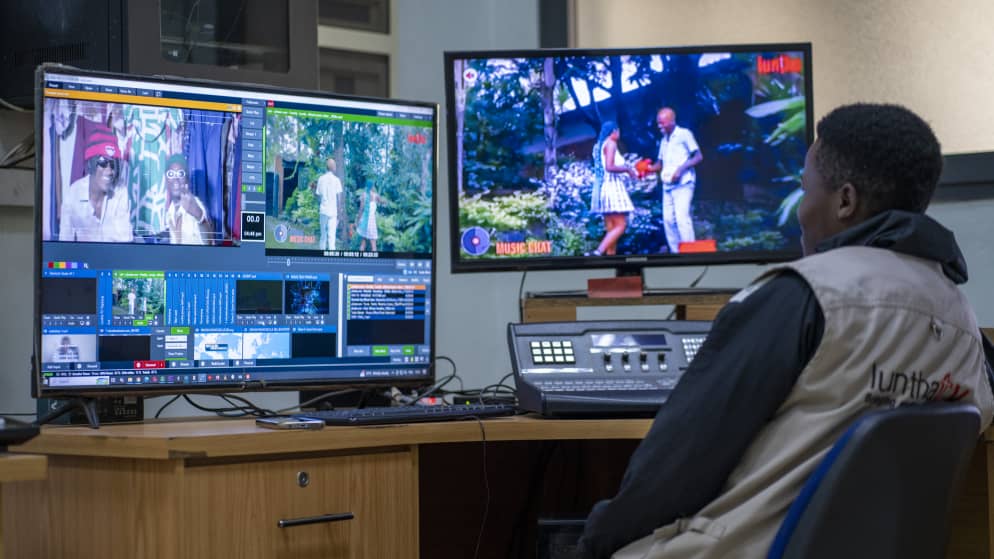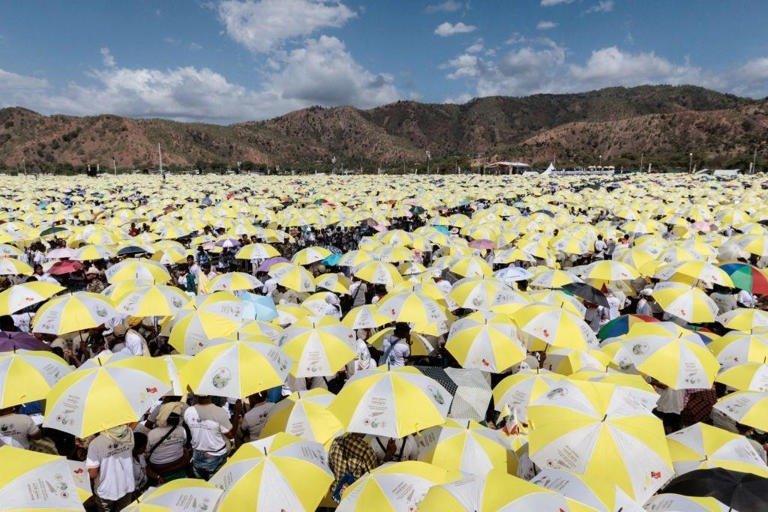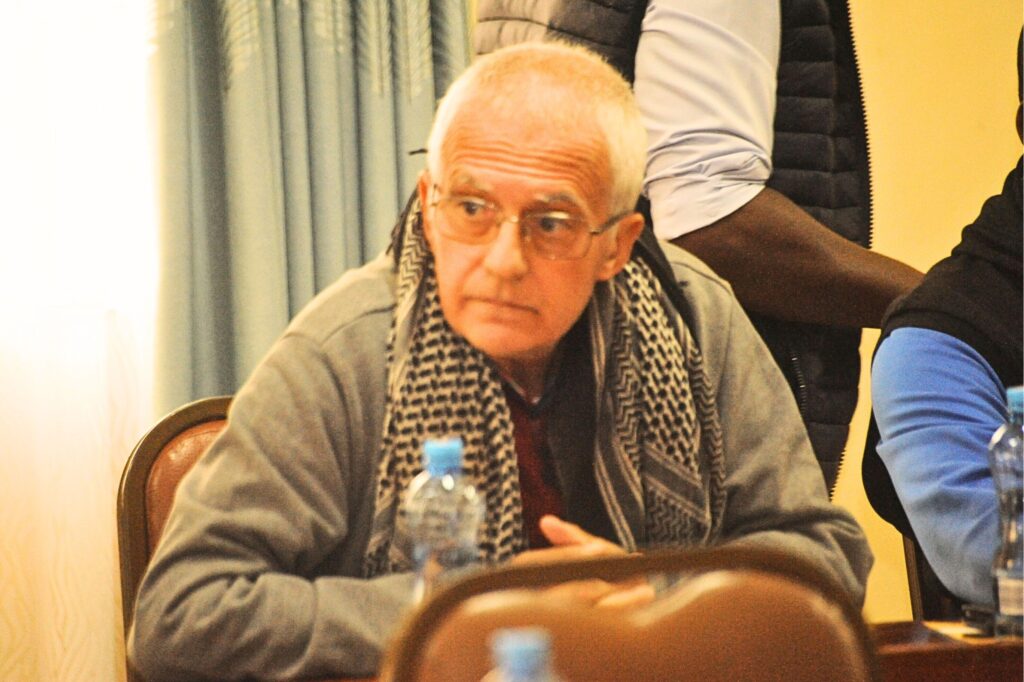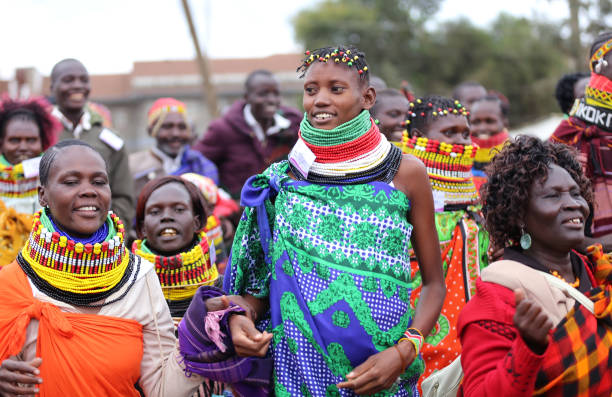After days of escalating protests by Generation Z against Kenya’s Finance Bill 2024, which culminated in violent clashes with police and widespread condemnation, President William Samoei Ruto has made a significant reversal. In a televised address from Nairobi’s State House on June 26, President Ruto announced his decision not to sign the contentious bill into law.
Acknowledging the vehement opposition from Kenyan citizens, particularly the youth, President Ruto expressed his commitment to engaging with them directly. This marks a stark departure from his earlier stance, where he criticized some protesters as “organized criminals.”
“I propose an engagement with young people of our nation to listen to their issues and agree with them on their priority areas of concern,” President Ruto stated.
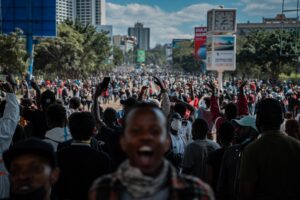
Following his address, President Ruto formally communicated his decision to legislators, exercising his constitutional authority to withhold assent and urging them to reconsider the bill’s contentious clauses.
The protests initially sparked on June 18, coinciding with the bill’s introduction in parliament and intensifying on June 20 with demonstrations across 18 Kenyan cities. Despite widespread public dissatisfaction, the bill was ultimately approved by Members of Parliament on June 25, further fueling public unrest.
Simon Kigondu, head of the Kenya Medical Association, reported that the casualties from incidents across the country, particularly in Nairobi, have increased to 23 following police shootings at protesters opposing government tax regulations near the Parliament building.
Kigondu also stated that a considerable number of individuals have been injured, with at least 20 in critical condition. Additionally, numerous others have been detained in connection with the protests.
President Ruto’s decision to withdraw the bill may impact planned protests, with some demonstrators demanding broader political changes. The Catholic Bishops of Kenya have voiced support for the youth-led movement, condemning police brutality and advocating for peaceful means of addressing economic grievances.
As Kenya navigates this critical juncture, the nation faces profound challenges in reconciling public dissent with governmental policy, underscoring the urgency of inclusive dialogue and responsive governance.

